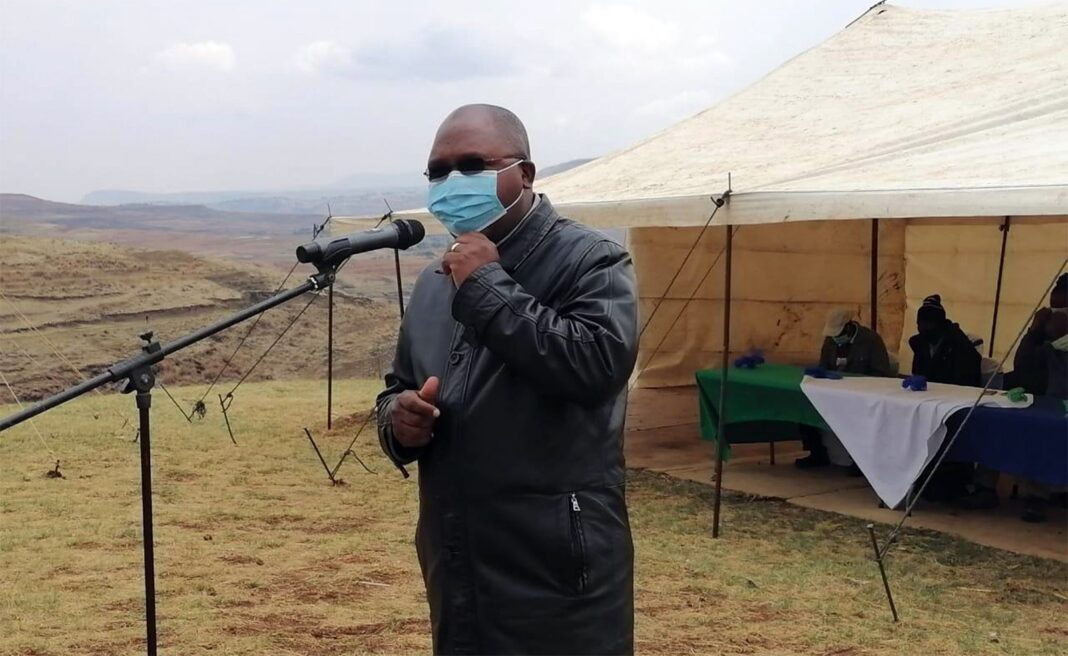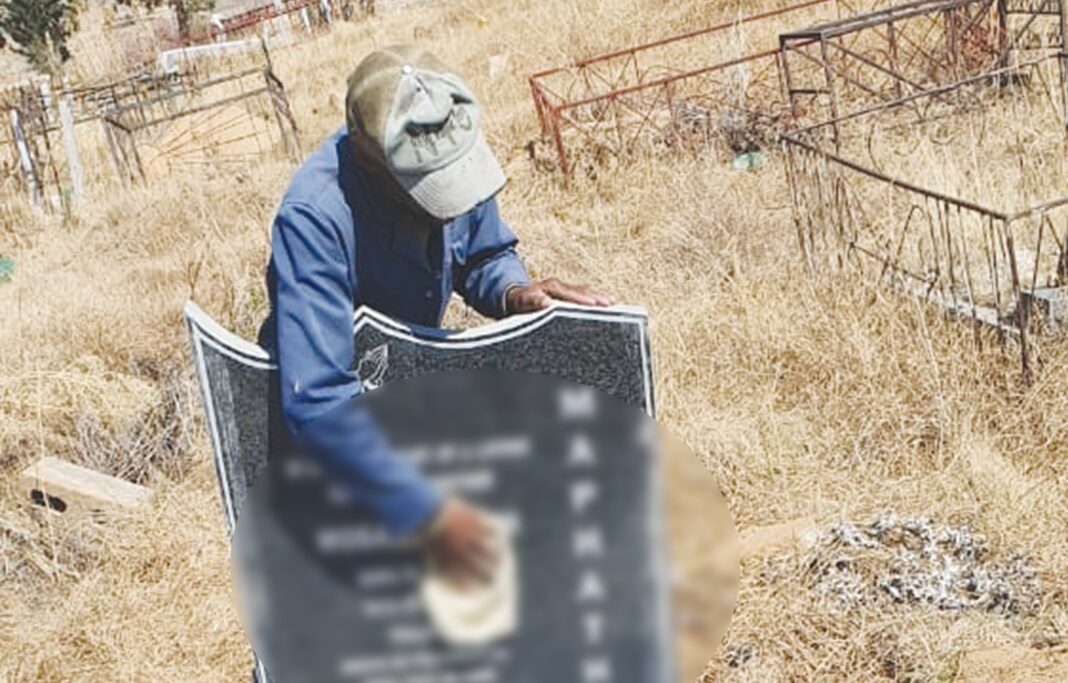By Kefiloe Kajane
Some sex workers in the industrial town of Maputsoe in the district of Leribe claim they continue to be discriminated against and humiliated when they seek health services, because of the stigma attached to their line of work.
In an interview with theReporter during a visit to Maputsoe border, a 15-year old sex worker who may not be named because she is underage, said she is reluctant to go to the clinic. She claims sex workers are criticized for their job.
She said she is highly criticised for being a sex worker who sleeps around with men, and is likely to contract HIV/AIDS.
In one instance, she was ridiculed by a nurse who forcefully sought she test for the epidemic. Otherwise, she recalled, the nurse could not offer her health services
“I was only there to get medication because I had yeast infection but I had to test because the nurse wanted me to. Now, I just go to the local pharmacies or use some of my colleagues’ medication because we normally have the same illnesses. Also what prevents me from going to the clinic now is that most of the times the nurses report us to social workers because we are under age.
“I understand that they are only looking out for us but this is how we make money. Some of us cannot afford going back to school. I am afraid that they will send me to an orphanage or to foster parents where I will not be able to do my job there,” she explained.
Another sex worker, Nthabiseng Masilo,32, said some of the nurses at clinics discriminate them for their practice. She said she has been in the activity for the past 10 years.
Remembering the horrible incidents Masilo said she once went to the clinic when she was not feeling well. She was attended to by a nurse who knew she is a sex worker who subsequently rebuked her for smelling bad.
“Upon my arrival, she ridiculed me. I was not aware that I had a bad smell as the nurse told me. I felt belittled because I was desperate for the service, I had to be patient. The final straw was during a checkup when she told me that my private part is rotten because of the things that had built in.
“After the checkup was done she sent me to get medication at the pharmacy, I just passed by and went back home. I was afraid the pharmacist would also ridicule me.
“I got very ill and my mother took me to the hospital later on. I felt that some nurses do not understand that this is how we make a living and they have no right to make us feel bad about it,” she said.
She has resorted to seeking services from the Maputsoe Wellness Centre, a clinic next to the Maputsoe border funded by Lesotho Planned Parenthood Association (LPPA). Since then, she said she is recovering from her illness.
She deeply regretted that some of her colleagues in the trade are still afraid to seek clinical services. But, they ensure that they offer advice to those who shy away from the clinics.
“I have developed a thick skin over the years and the clinic that I go to now. We have formed a bond with the nurses and peer educators so I am always comfortable. They advise us on how to take care of ourselves and the things we should look out for our good health,” Masilo said.
This about sums up the challenges that many female sex workers report experience on a daily basis, apart from sexual violence and harassment including rape and physical aggression. There have been reports of many experienced police harassment. But, above all, they are afraid to access health services.
One of the nurses at Maputsoe Wellness Centre, Moipone Tlali, said the clinic is visited by sex workers and is forced to attend to their conditions.
According to Tlali, the clinic ensures the sex workers are treated well. As a result, it has built good relationships with the patients.
“A few years ago intergraded services were introduced at clinic. This is where we are able to make sure that when a patient comes in with one illness, we can make sure we find out more about them and end up discovering many more illnesses they might not be aware of. This saves patients like sex workers and long distance truck drivers the hassle of coming to the clinic regularly.
One of the LPPA peer educators, Mosiuoa Motṧeare, said as professionals they guarantee that their visitors are well treated and open to talk about their condition.
He suggested that his association targets the hotspots areas like taverns, park stations for truck drivers. Those are some of the places where they interact with sex workers.
“We visit these places in the morning and evening. It takes a lot of time to convince the young sex workers about preventative measures,” he said.
According to Global Aids strategy report 2021, it is important to maximize equitable and equal access to HIV services, solutions and prevention for key populations, adolescents and other priority populations, including adolescents and young women and men in locations with high HIV incidence.
It states that adolescents, youth and adults living with HIV, especially key populations and other priority populations, know their status and should be immediately offered and retained in quality, integrated HIV treatment and care that optimize health and well-being.
Also the study made by UNAIDS in 2014 says sex workers are excessively affected by HIV in Lesotho, which highlights the importance of contraception and antiretroviral therapy given occupational risks of unwanted pregnancies.
It explains that a total of 744 female sex workers were recruited through respondent-driven sampling in Maputsoe and Maseru in Lesotho completed a questionnaire and HIV testing in 2014. HIV prevalence was high with 56 percent. Participants who were not using non-barrier contraception was 32 percent. Buying and selling sex is illegal under Lesotho’s 2010 Penal Code.









